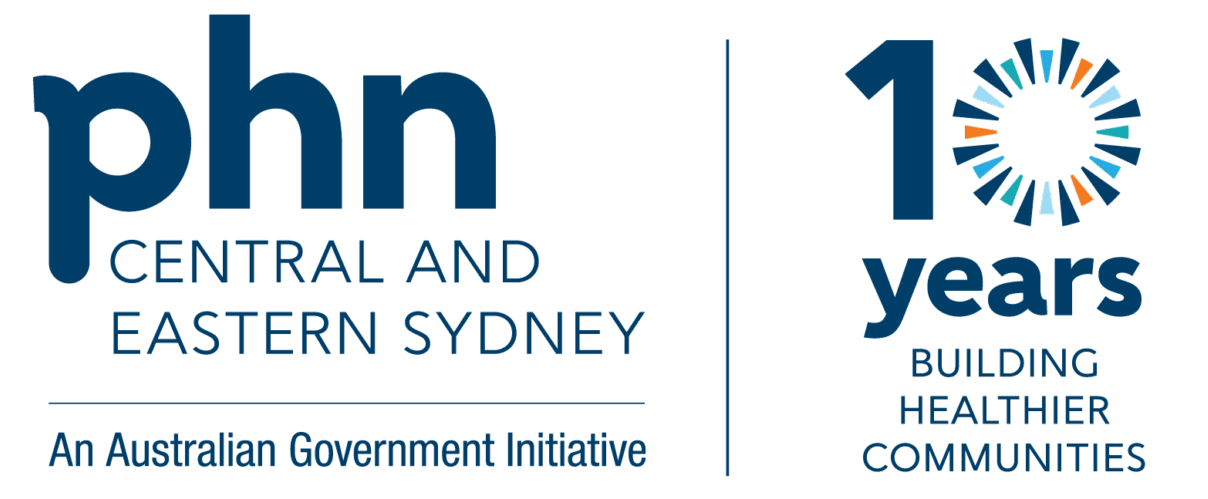Vaccines are rigorously tested for safety during the research phase of development and undergo strict assessment by the TGA before approval for use in Australia. Like other medicines, vaccines can have side effects. However, all vaccines used in Australia provide benefits that greatly outweigh their risks.
Health professionals have a duty to ensure appropriate and safe administration of vaccines to the public. This includes being well informed of potential side effects and how to manage these in patients.
NSW Health: What is a serious adverse event?
Reporting AEFIs
Health professionals are required to report all uncommon, serious or unexpected AEFI or any event felt to be significant following immunisation to the relevant health authorities.
All AEFIs or suspected AEFIs must be reported to both the Therapeutic Goods Administration (TGA) and the Public Health Unit (PHU):
AEFI resource for parents
COVID-19 vaccine safety
General vaccine safety & resources
AusVaxSafety: Safety Surveillance data for NIP scheduled vaccines
AusVaxSafety: Vaccine Safety Summary report 2022
AusVaxSafety: Safety Surveillance data for various vaccines
Minimum requirements for an anaphylaxis kit:
The ASCIA anaphylaxis e-training course for health professionals 2024
Vaccine administration errors include but are not limited to the inadvertent administration of a wrong or unintended vaccine and/or the inadvertent administration of a vaccine that is incorrectly stored, prepared or given outside the Australian Immunisation Handbook’s advice.
Some examples include the supply and administration of:
VAE can occur as a result of errors in vaccine preparation, handling, storage or administration and can be associated with immunisation error-related reactions. Identification and follow-up of vaccine administration errors can identify and correct immunisation error-related reactions in a timely manner.
It is the responsibility of all NSW immunisation providers including pharmacist immunisers to manage and report VAE to the PHU by calling 1300 066 055 irrespective of the outcome of the VAE.
VAEs that pose a safety risk to the patient or result in AEFI must be reported to the PHU and Therapeutic Goods Administration (TGA) via the National AEFI reporting form.
For example, if Trumenba, a meningococcal B vaccine (registered for use in children aged 10 years and over) is dispensed and subsequently administered inadvertently to children aged less than 10 years, it will be considered a VAE. The provider is required to report the VAE to the PHU and TGA by completing the National AEFI report form and submitting to the PHU and TGA.
Further information about AEFI and VAE is available on NSW Health webpages at AEFIs and VAEs.
To reduce the risk of VAEs, always remember to follow AIH – Preparing for vaccination and the 7 rights of vaccine administration.
1) Right person/patient
2) Right vaccine/diluent
3) Right time
4) Right dosage
5) Right route, needle length and technique
6) Right injection site
7) Right documentation
NCIRS resource on clinical guidance on RSV immunisation product administration errors.
ATAGI guidelines on the management of a range of possible vaccine administration errors, including when a replacement (repeat) dose is recommended.
Sharing Knowledge About Immunisation (SKAI) is an excellent resource to support conversations with patients who may be hesitant about vaccinating themselves or their children. There are a range of factsheets, eLearning programs and answers to common questions.
Parents who do not intend to vaccinate their child
The goals for a consultation with a declining parent are to maintain trust and engagement, and to keep the consultation brief.
Conversations can be kept short. Engaging declining parents in debate about the validity of their beliefs can result in extended, unproductive consultations and should be avoided; it an increase their risk of disengaging from the healthcare system all together.
Resources for health professionals:
Parents who are feeling hesitant about vaccinating their child
The goals for a consultation with a hesitant parent are to increase vaccine confidence, and ultimately to vaccinate.
Most hesitant parents will decide to accept vaccination but want to actively participate in the process of decision-making. This sense of agency is important. They primarily have questions or concerns about vaccine safety, and may have had a bad past experience or heard or read something frightening.
Resources for health professionals:
Adult patients who have questions
The goals for a consultation with a hesitant patient are to increase vaccine confidence and to vaccinate.
Studies have shown that a patient is more likely to vaccinate if they get a strong recommendation from a healthcare professional. It’s important for healthcare professionals to elicit and acknowledge concerns, share their knowledge, and ultimately recommend vaccination.
Resources for health professionals:
Addressing vaccine misinformation
As a healthcare professional and a trusted source of information for patients, you have an important role in dispelling vaccine misinformation. Vaccine misinformation can undermine vaccine confidence and increase vaccine hesitancy. Your role is especially significant given the threat misinformation has posted to people’s acceptance and uptake of COVID-19 vaccines and routine vaccination.
Resources for health professionals:
Resources to provide to patients with questions
Co-administration of vaccines for adults
The National Centre for Immunisation Research and Surveillance has released an updated guide to support immunisation providers in identifying vaccines that can be co-administered for people aged 18 years and over.
Co-administration of vaccines for adults: a guide for immunisation providers – March 2025
